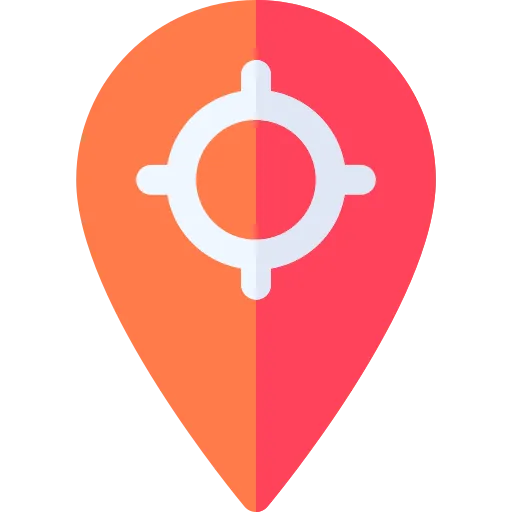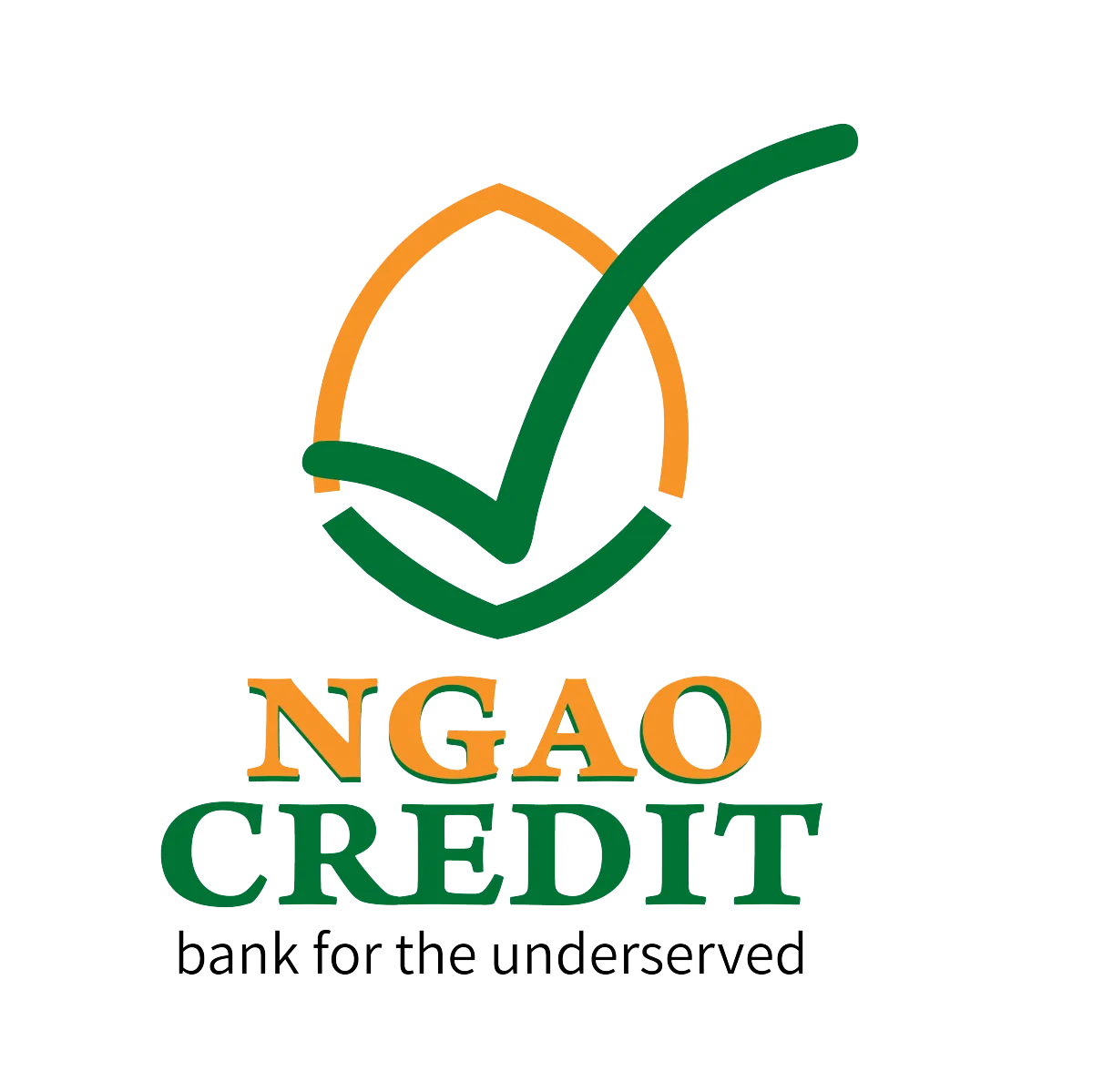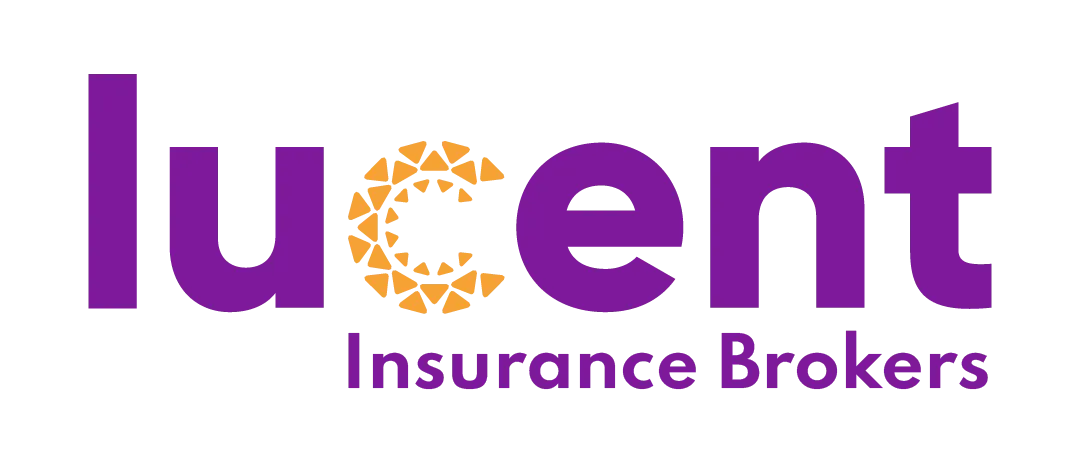Contact Us
Creating a borderless world of finanical services: your one-stop shop for financial solutions
Ensuring inclusion and growth by bridging financial & Tech gaps for Micro, Small & Medium Enterprises (MSMEs).
What we offer:
We provide a comprehensive suite of services — from financial solutions, insurance, and payment systems to money transfers, tracking & logistics monitoring — all seamlessly integrated and secured with blockchain technology. With Bitcoin and other digital assets at the core, we’re reshaping how Africa transacts, insures, and moves value across borders.

Money Lending
Financial empowerment for you and your business through quick secured loans.

Tracking & Logistics
keep track of all your assets and your
e-commerce business.

Payment Platform
Enjoy seamless payment solutions and pay suppliers on time anytime anywhere.

Remittance
Send money internationally to facilitate trade

Insurance
Secure and protect yourself, your family, and your business.

Digital Investment
invest in digitised assets such as Real Estate, Bonds, and Gold within the digital economy.

Our story
Anvil Shield Holdings Ltd story begins in 2009. When access to finances or capital for small businesses and solopreneurs in Kenya was a backbreaking affair.
To fill this gap Ngao Credit Limited was born to provide financial empowerment to the underserved. We made it possible for small businesses to access quick secured loans to expand and keep operations running.
Grow with Us
In line with the dream of offering financial empowerment, we have grown to include 4 other subsidiaries: Upesi Money Transfer, Alphabloq, Lucent Insurance, Tracking Hub Ltd, and Switchlink Africa.

3 Fastest Growing African Companies
Three of The Fastest Growing African Companies
The pandemic was devastating to businesses worldwide, and its impact is still being felt more than two years later. And while many developed countries felt the economic constriction that came with global trade disruption, Africa has experienced much worse consequences due to the global shutdown.
In just about every nation, businesses and markets were affected by currency shocks and commodity pricing issues. In terms of exports, the price of oil accounts for 40 percent of Africa's exports, which has halved since the pandemic reared its ugly head. That, however, was before the Russian/Ukraine conflict, which may help to steady the ship.
No matter where you land your gaze, the evidence of a devastating storm is plentiful. Yes, it's been a rough few years for the human family, but it is not all doom and gloom. Even during the darkest times, a seed of opportunity is often present.
Some businesses have learned to look for that "open door" in every season. Those that did so in Africa in the past few years have trail-blazed their way into new economic breakthroughs. Today, we'll share our favorite top 3 fastest growing businesses in Africa. We'll examine how they've capitalized on various factors and gaps within their sector to find great success in recent years.
Wasoko
Wasoko (formerly Sokowatch) was launched in 2010 in Kenya. It is one of a handful of companies on the continent attempting to cut costs for their clients within the large informal commerce sector.
In other words, they help to deliver goods to traders more efficiently. And while it might not seem like a strong USP, it's easier said than done. Companies that can deliver on this proposition (such as Wasoko) are thriving because of high demand, especially since the pandemic.
The Kenyan-based company employs an e-platform to deliver food and credit more efficiently to informal retailers.
Before they came into effect, any small business or spaza shop owner would have to travel to a wholesaler and pay for the goods they needed in cash.
Needless to say, even traveling to a trader in person is fraught with its own risks now more than ever - not to mention the amount of cash they would have to have on their person.
What makes Wasoko work?
The company's website says they "help retailers do what they do best - sell." All the products they offer are competitively priced, and most importantly, they are delivered directly to each small business's door.
The company was founded as early as 2013 by Daniel Yu in Nairobi, Kenya, and has since delivered more than 2.5 million orders to over 50 000 retailers. It is currently processing over 300 million dollars across around 150k monthly orders. It operates in Kenya, Uganda, Tanzania, Rwanda, Ivory Coast, and Senegal. It has begun offering a "buy now, pay later" option to customers needing more capital, financing this option from Wasoko's own balance sheet.
Looking at the impact of the COVID-19 pandemic, Wasoko's swift rise is hardly a surprise. This year - in their latest round of funding, the company raised 125 million dollars, bringing their total funding up to 143.6 million dollars (clearly a significant rise since their previous round.
The Financial Times estimates their growth rate to be a staggering 8782.594%, or 346% compound annual growth, with their valuation sitting at 625 million dollars.
Flocash LTD
Flocash is a Fintech company established in 2010 with a recorded growth rate of 5160.582%. They are currently the leading provider of e-payments in Africa and the Middle East. Their platform enables global and cross-border businesses to accept over 200 payment methods across 60 countries.
Financial technology businesses are perhaps the most significant sector of African startups in recent years, with the continent home to over 500 fintech firms.
What makes Flocash work?
Fintech startups such as Flocash are tapping into the mobile generation. Around 66% of Sub-Saharan Africa does not have a national bank, and 57% of people in Africa do not have access to electronic banking.
This makes Flocash's success all the more impressive, but more importantly, it makes their role all the more significant.
It's worth noting that the unbanked population of Africa is a big reason financial technology businesses do so well in the continent, as they can leverage technology to amplify financial services for businesses and consumers alike.
While such a large portion of the African population does not have a bank, there are over 650 million cell phone users in the continent - more than in Europe and the United States.
They partnered with VISA in July of this year in a move aiming to promote digital capabilities for African SMEs through digital payments, supplier solutions, and access to financial services, with the first step being to launch a "Flostore," essentially a digital wallet that accepts payments and can manage supplies and access financial services across the African continent.
The next step will be to embed financing in payments and assist small businesses with their analytics and bookkeeping. Forbes listed the company as one of the best African Tech companies in February 2012. It has only been onward and upward from there. Long may it continue.
AFEX
The Nigerian company AFEX is the youngest on the list so far. Founded in 2014 with a focus on developing a workable warehouse receipts system, their vision has expanded into harnessing Africa's commodities and talent to build a shared wealth and prosperous continent.
The Nigerian company aims to be the reference point for commodities in Africa. Considering their massive growth in recent years, it seems they may be coming true on it.
What makes AFEX work?
AFEX's specific focus within the sector is as a commodity brokerage service. The company develops and deploys a commodities and supply exchange that serves customers only within Nigeria.
A commodity exchange such as AFEX's role is to determine and enforce rules and procedures for trading standardized commodity contracts and investment products.
By definition, a commodities exchange is a marketplace where producers and buyers interact.
But why does AFEX shine above other commodity exchange companies in Africa?
A significant reason for its growth is the country it operates within. Limited financing, high post-harvest losses, and low access to markets in Nigeria's agricultural sector were stifling productivity and affecting the sector's contribution to Nigeria's GDP.
AFEX capitalized on a problem by becoming the country's first licensed private commodities exchange and noted how the buyers and producers within the agricultural market were not coordinated.
The company's CEO Yusuf Oguntola explained to Built In Africa that at the time of AFEX's formation, if a farmer produced 10 thousand metric tonnes of grains, it would be down to 6 or 7 thousand by the time those crops actually made it to the market.
The buyers and producers were uncoordinated. They would buy commodities from smallholder farmers cheaply and then sell them for high-profit margins to grain processors. That meant the middlemen made most of the money, leaving small farmers with very little to show for their hard work.
The system was propagated because many farmers felt they didn't have a choice but to participate in it. If they did not sell to the middlemen, the chances were their commodities would go to waste. AFEX successfully solved and is solving these problems by building a new value chain.
It is interesting to note that all 3 of the companies on this list could be considered to be in the financial sector. While it's not a FINTECH company per se, technology still plays a vital role in AFEX's business. Their Enterprise Resource Planning system, WorkBench, does everything from input sourcing and sales to loan administration and repayment. Every farmer working with AFEX is registered on WorkBench, another example of how technology plays a huge role in building up various sectors across the African continent.
A final thought:
These three startups are but a few of the many thriving startups across Africa. Operating within the harsh restrictions introduced by most African governments since COVID-19 has been challenging. But with the diverse businesses shared in this article, you've witnessed that companies still have the ability to succeed regardless of industry or niche.
Not all successful startups in the continent are financially oriented, though. Health and Education sectors are prominent examples of those that the pandemic has spotlighted issues and gaps that startups have been able to capitalize on. Other mining and construction firms are still chipping away and proving that not all fast growth has to come from technology. It's an exciting time to be an entrepreneur in Africa.
One can only hope that the great work being done by new companies has a far-reaching positive effect on the economies of countries across the African continent.
Looking for more inspiration?

© Copyright 2026. anvilshieldgroup ltd All rights reserved.







